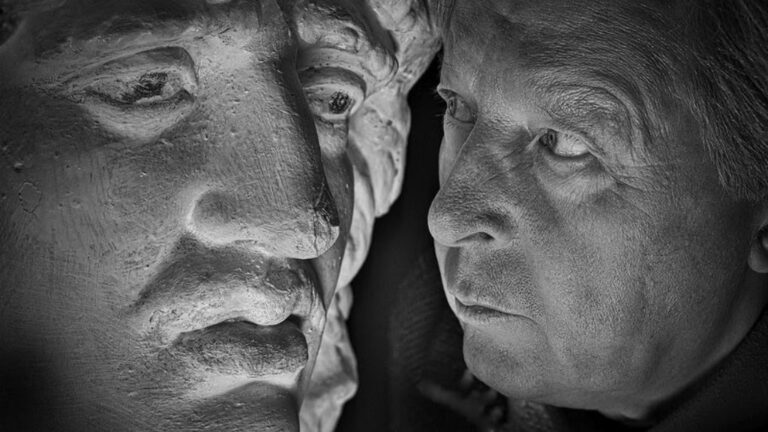New forms of nationalistic features have been recognized the recent years in modern developed countries, inter alia northern European countries. Historically, it has shown that nationalist policies become more popular in conjunction with flourishing modern processes and revolutions. How come that humans find security and confidence in nationalist thinking when they get exposed to changes they can not influence by themselves?
The expansion of nationalistic thoughts seems to upsurge during the Covid-19 pandemic. Countries shut down their borders completely, fight against each other for medical supplies, as well as blame each other for not acting responsibly and reducing the spread of the virus. In the same way as nationalism tends to rise in line with modern processes, the desire to preserve everything as it always has been’ thrives in times of crisis.
The cognitive neuroscientist Bobby Azarian Ph.D. has written an article where he reflects on whether brain differences can explain conservatives’ agenda to act politically according to their fears. Nationalism and conservatism do not necessarily have to go hand in hand. On the contrary, it can be interesting to rethink as nationalism has increased in parallel with transformation. Bobby Azarian does, for instance, bring up that conservatives in most cases tend to give attention towards the negative parts, in comparison to liberals which behave oppositely and contribute attention to more pleasant images. This makes sense as a human that is afraid will act, according to one’s biological instincts, by trying to prevent the threat from taking place.
Moreover, the neuroscientist brings attention to a previous study that found conservatives having a heavier psychological response towards whatever is threatening. One keeps one’s anxiety to a manageable level by being relieved of the fact that something concrete is done in order to prevent the awful from happening.
To understand why people react and act differently to changes, revolutions or during crises can help to be more patient with one another. On the other hand, one has to take an honest overview over the situation. Decisive decisions cannot be made on gut instincts rather than looking back at historical cases. One has to reason over one’s own situation, but also over the situations of all other affected people.
This text was written by Lund Magazine Group. The group is independent from FUF:s Utvecklingsmagasinet.


